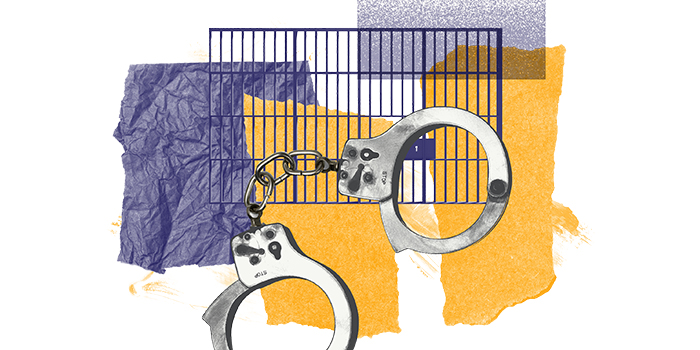
Kansas v. Cheever
What's at Stake
Whether the Fifth Amendment imposes any limits on the state's ability to introduce evidence derived from a court-ordered psychiatric examination of the defendant by the state's expert.
Summary
The defendant in this claimed that he lacked the mental state to commit capital murder because of his long-term drug use. The state was then permitted to have its own psychiatric expert evaluate the defendant without counsel present. The issue before the Court is whether the Fifth Amendment imposes any limits on the use of the defendant's statements to incriminate him. In an amicus brief filed in support of the defendant, the ACLU points out that the same issue often arises at the sentencing phase of capital cases, where the defendant has a constitutional right to introduce any mitigating evidence that may persuade the jury not to impose the death sentence. Our brief argues that capital defendants should not be forced to forfeit the Fifth Amendment privilege against self-incrimination in order to preserve their Eighth Amendment right to present mitigating evidence.
Legal Documents
-
08/21/2013
Kansas v. Cheever - Brief for Amici Curiae